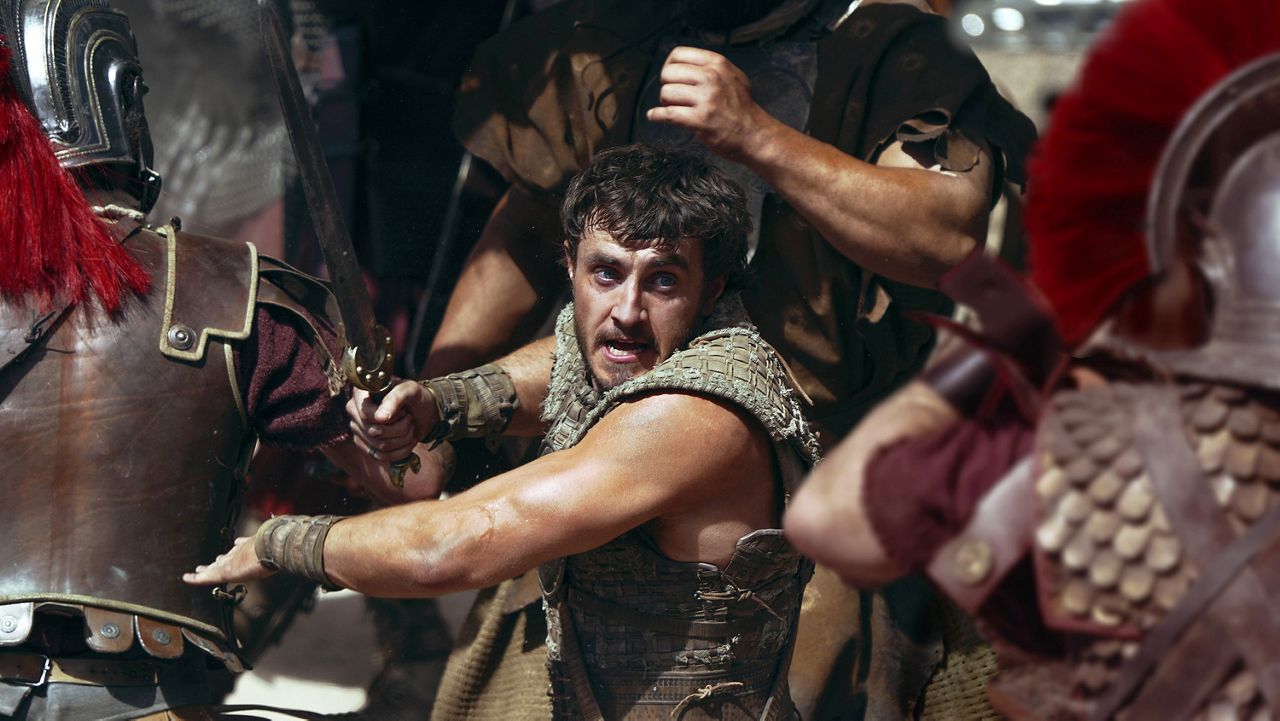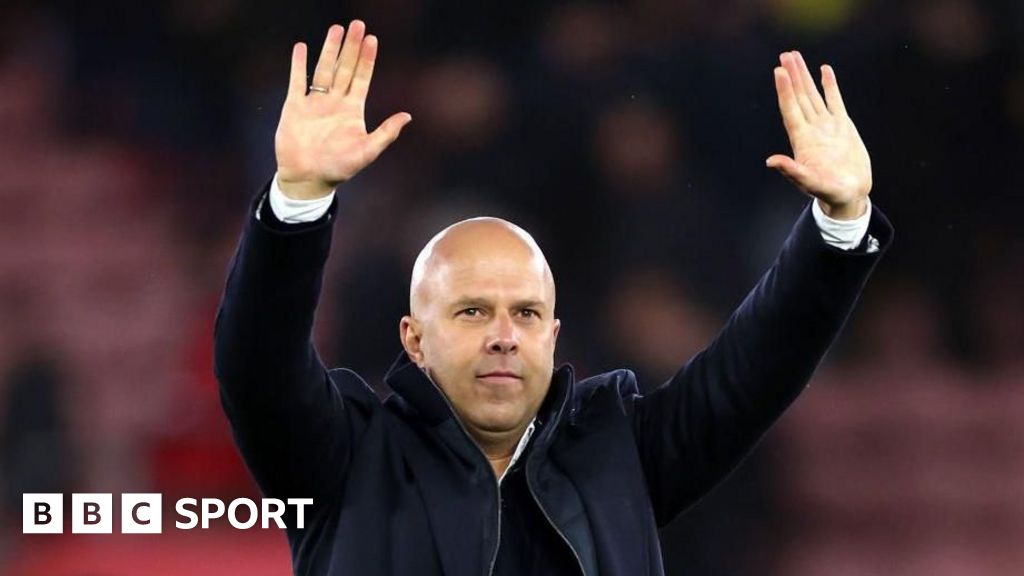Bussiness
Timeless Leadership Lessons From ‘Father Of The Cell Phone’

In 1959, Martin Cooper’s job as an engineer at Motorola led him to AT&T’s (T) Bell Labs on a research project. The goal was to develop mobile phones.
↑
X
The Story Of William O’Neil: Learn About The Legendary Investor And IBD Founder
A Bell Labs executive admired Cooper’s energy, telling him, “Marty, you are the personification of hypertension. Most people think hypertension is high blood pressure. But it’s not — it’s having a superfluity of energy ready to explode at any moment.”
For Cooper, enthusiasm flowed naturally. He enjoyed solving big problems. More than a decade later — in 1973 — he solved a doozy: He made the first public call from a mobile phone while standing on 6th Avenue in Manhattan.
In 2010, “60 Minutes” hailed Cooper as “the father of the cellphone.” His inventiveness freed people from their desks to place calls from anywhere, anytime.
“It starts with truly understanding the problem,” said Cooper, 95. “Who’s the user? How will they benefit from the invention?”
Make The Consumer King Like Martin Cooper
Cooper credits his success in large part to delivering what customers want. Throughout his long career, including 29 years at Motorola as well as many entrepreneurial successes, he adopted a consumer-is-king mantra.
“You have to put yourself in the shoes of the user,” he said. “You have to become the consumer in every respect and know the frustrations they go through before you can find the solution.”
He also credits his willingness to take calculated risk. Innovators learn to treat setbacks in stride and keep plugging away.
“Any time you try something new, the probability of success is very low,” he said. “I’ve had far more failure than success. Once you’ve had that feeling of joy from success, you’re willing to take all kinds of risk to have it again.”
Cooper: Lead With Modesty And Grace
Despite Cooper’s innovations and his rightful place in the history of telephony, his ego remains in check. He’s not one to boast about his impact on our lives.
Robert McDowell, a partner at law firm Cooley LLP and a former commissioner at the Federal Communications Commission, met Cooper for the first time in 2007. Well into their conversation about technical topics such as spectrum allocation and spectrum policy, Cooper mentioned in passing that his team at Motorola invented the first hand-held mobile cellphone.
A stunned McDowell reacted with disbelief. “How come ‘Marty Cooper’ isn’t a household name?” he asked. “How come I’ve never heard of you before? You must be the most influential person no one has ever heard of.”
Over the last 17 years, they’ve become friends. McDowell marvels at Cooper’s rare blend of “extremely high IQ — he’s technically brilliant” with his high emotional intelligence and ability to connect with people.
“He’s so charming and so modest,” said McDowell, chair of Cooley’s global communications practice group. “He’s self-deprecating and uses humor” to lead teams and endear himself to audiences when he delivers presentations.
Learn To Lead Teams With Warmth
Yet Cooper admits he wasn’t a born leader. He joined the U.S. Navy to help fund his college education — and it proved a formative experience.
After graduating from the Illinois Institute of Technology, his three years of military service included circumnavigating the globe on a destroyer during the Korean War. “I was immature when I went into the Navy,” he said. “You learn how to respect people. You can’t expect people to do the work you won’t do yourself.”
Cooper applied leadership lessons from his Navy years to his business career. As a senior engineer at Motorola, he led teams to overachieve.
Facing severe time constraints to build a portable cellphone, Cooper recruited a select group of Motorola brainiacs. He motivated them in different ways.
To engage a brilliant but aloof engineer, Cooper often greeted him with a hug. It helped build rapport and overcome the engineer’s skepticism at the ambitious scope of the project and its crunch deadline.
“There was an emotional attachment on our team,” Cooper recalled. “When you lead people, you have to take your confidence and instill it in them. Treating people with warmth” can solidify the bond.
Stay One Step Ahead
Visionaries tend to see the future and seek ways to stay a step ahead of it. Cooper says he embraced the idea of “a device that you can carry with you everywhere, not just in your car,” even when others dismissed such an outlandish notion.
“Most people thought my idea of a cellphone was unimportant,” Cooper said. But he refused to buckle to conventional thinking.
“He has the ability to look over the horizon,” McDowell said.
Despite concerns that the cellphone has evolved into the potentially addictive smartphone, Cooper is optimistic. While acknowledging that many children and teens spend too much time on their phones, he takes a broader view.
“Are there negative effects of cellphones? Yes, but that’s true of any pervasive technology,” he wrote in his 2020 memoir, “Cutting The Cord.” “I still recall the concern that television aroused in the 1940s and 1950s. If the predictions of the television naysayers had come through, we would be a world of nonthinking zombies with eyes glued to the tube during all waking hours. We survived television. … I have confidence that people are smart enough to figure it out and the net impact of the cellphone will be judged as a positive.”
To Think Outside The Box, Harness Multiple Disciplines
It’s one thing to have a grand vision. The real test is turning it into reality.
“Marty is like Mozart,” McDowell said. “Mozart had symphonies in his head and transposed them onto paper. Same with Marty: He had this idea in his head and got it done” under intense time pressure.
For Cooper, inventiveness requires multidisciplinary thinking. He credits his education at a technical high school, a technical university and the Navy for teaching him to solve problems by applying wide-ranging disciplines rather than narrowly relying on just one silo such as math or geography.
“Think outside the box,” he writes in his memoir. “But we still haven’t figured out how to get outside the box. There is a constant tendency — in companies, universities, nonprofits, governments — to draw lines and boxes around ourselves.”
Honor Modesty
Cooper’s modesty has proven another key to his success. He was able to mobilize high-performing teams by dignifying each member.
“It’s unbelievable how humble he is and how gracious he is,” said Devin Yaung, senior vice president at telecom giant NTT. “He wants to hear everyone’s opinion.”
Cooper liked to surround himself with a motley group of individualists. He wasn’t turned off by people who were different; in fact, he welcomed everyone with wide arms of acceptance.
“Marty appreciates talented innovators who may not fit well into a corporate environment,” Yaung said. “It’s easy to dismiss these people and have less patience with these people. We want everybody to be like us, but you need people with different opinions” and work habits.
Yaung has known Cooper for about 12 years. During that time, he’s noticed the same passion burning within Cooper that the Bell Labs executive noticed over 60 years ago.
“He’s the nicest, most gentle man,” Yaung said. “But deep down, there’s a fire inside him.”
Martin Cooper’s Keys:
- Hailed as father of the cellphone, he led the Motorola team that created the first mobile hand-held cellphone.
- Overcame: Intense time pressure to roll out the first cellphone.
- “You can’t expect people to do the work you won’t do yourself.”
YOU MAY ALSO LIKE:
Meet The Guy Who Runs A Massive $2.7 Trillion Bond Portfolio
Be Detailed And Targeted To Raise Money
Inspirational Quotes: Columbus Short, Sam Rayburn And Others
IBD Digital: Unlock IBD’s Premium Stock Lists, Tools And Analysis Today
Find Winning Stocks With MarketSurge Pattern Recognition & Custom Screens

.jpg)








